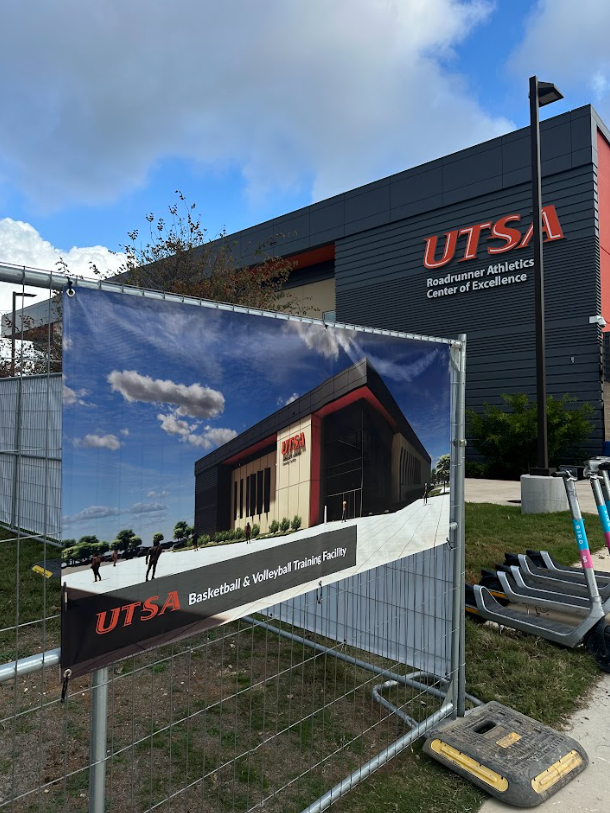

Andrea Velgis , The Paisano
Are there conservatives at UTSA? If so, where are they? College is, among other things, a time for students to explore different political ideologies. UTSA and other universities in major cities have a diverse student population, where liberal views tend to be dominant. However, to label the entire UTSA student body as “liberal” would be a great injustice to less vocal political activists.
President of the College Republican group, Lucas Tobias Garcia, feels that conservative presence on campus is not as strong as it could be.
“(In) San Antonio, as well as any major city in the United States … it’s hard to get conservative students to come out because everyone around them is so diverse in what they believe,” Garcia stated. Garcia describes finding the College Republicans group as “refreshing.”
Junior and political science major Michael Wilkinson believes that there is polarization on campus, and has personally experienced a feeling of separation in a classroom setting.
“I had a class last semester with a professor who would go off topic and tell stories about the Reagan era and how bad of a president (Reagan) was. He would then go on about the Bush family and call them right-winged Nazi’s,” Wilkinson stated. “I feel that professors should be neutral or at least keep it professional, but there were several times I wanted to interrupt and tell him to get back to the class topic.”
Wilkinson feels discouraged from publicly discussing his conservative beliefs and blames the media for many conservatives being afraid to speak out.
“A growing false image perpetuated by media is that all conservatives are ignorant, dumb, racist, elitist and extreme religious zealots.” Wilkinson said.
Political science professor Dr. Bryan T. Gervais stated that, because campuses do tend to be liberal and Democratic, the perception of marginalization among conservatives may be exaggerated. Dr. Gervais recommends that to decrease feelings of marginalization among conservatives and other groups, we must, as a whole, promote civility in political discourse.
“It’s the job of everyone else (non-marginalized groups) to not attack them for expressing their opinions and it’s also the job of marginalized groups to make sure that they express their opinions in a civil manner (which) increases the likelihood that other folks who don’t agree with them might be receptive and might be more willing to listen to what they have to say,” Dr. Gervais stated.
Students for the Right to Life at UTSA is an organization that believes life begins at conception. David Ramos, a student advisor for the club, does not feel that he is a part of a political minority on campus, and believes the campus is tolerant of both left and right political opinions.
“I’m definitely not afraid to set up a table and talk to people about when life begins and about their own value and their own dignity,” Ramos replies when asked if he felt outnumbered on campus. He believes in a “silent majority.”
Student for the Right to Life, a group that is not openly associated with any particular religion or political platform, is a “life issues and human dignity advocacy group,” by Ramos’s definition.
Sean Gillen, President of Students for the Right to Life at UTSA, believes that people are “swayed by the loudest voice.”
“Whoever is being loudest, that’s what everyone follows. Most people here are followers, not leaders,” Gillen said.
Garcia advises no one to hesitate when voicing his or her beliefs. Quoting Republican presidential candidate Carly Fiorina, Garcia states, “If you have to stand on campus and defend your Republican beliefs, you’re much more prepared for life than your Republican peers.”






